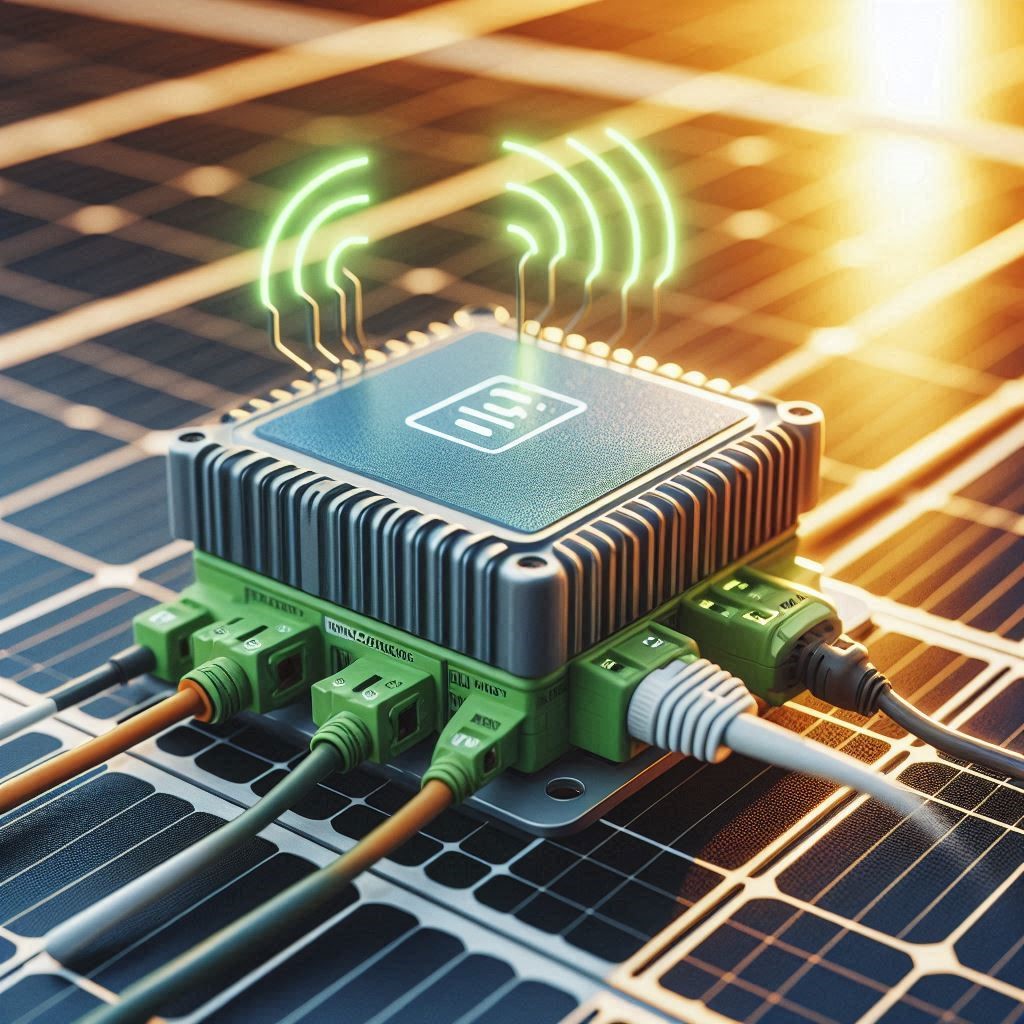As the world shifts towards sustainable energy solutions, the micro inverter industry is experiencing significant growth and innovation. Micro inverters, which convert direct current (DC) from solar panels into alternating current (AC), are increasingly being recognized for their efficiency and performance advantages over traditional string inverters. Explores the global trends driving the expansion of micro inverters and the opportunities they present across various markets.
The global Micro Inverter Industry Size is expected to be valued at USD 4.9 billion in 2024 and is projected to reach USD 14.5 billion by 2029; it is expected to grow at a CAGR of 24.1% from 2023 to 2028. The growth of the micro-inverter Industry is propelled by increasing energy prices that contribute to the installation of solar panels and rising energy demand across the globe. However, limited power handling capacity and high installation and maintenance costs restrain the market’s growth.
1. Growing Demand for Solar Energy
Renewable Energy Adoption
The global push for renewable energy has led to an unprecedented increase in solar energy installations. Countries around the world are setting ambitious renewable energy targets to combat climate change and reduce reliance on fossil fuels. This growing demand for solar power directly correlates with the increased adoption of micro inverters, as they enable optimal energy production and system performance.
Distributed Energy Generation
The trend toward distributed energy generation is also contributing to the rise of micro inverters. As more consumers seek to generate their own electricity, decentralized solar systems are becoming increasingly popular. Micro inverters are well-suited for this model, allowing for greater flexibility and scalability in installations, whether for residential, commercial, or industrial applications.
2. Technological Advancements
Smart Inverter Capabilities
Recent technological advancements have transformed micro inverters trends into smart devices equipped with advanced monitoring and communication features. These smart inverters provide real-time data on energy production and consumption, enabling users to optimize their energy usage. As smart homes and IoT devices gain traction, the demand for micro inverters with enhanced connectivity will continue to grow.
Enhanced Efficiency and Performance
Innovations in micro inverter design, including improved maximum power point tracking (MPPT) algorithms and higher conversion efficiencies, are driving market growth. Manufacturers are continually striving to enhance performance, making micro inverters a more attractive choice for solar installations. As these technologies evolve, micro inverters will likely offer even greater energy yields and reliability.
Download PDF Brochure @
https://www.marketsandmarkets.com/pdfdownloadNew.asp?id=43340469

3. Integration with Energy Storage Solutions
Synergistic Energy Management
The rise of energy storage technologies is reshaping the landscape for micro inverters. The ability to integrate seamlessly with battery systems allows homeowners and businesses to store excess solar energy for later use. This integration maximizes self-consumption and reduces reliance on the grid, making micro inverters increasingly vital in modern solar energy systems.
Bidirectional Energy Flow
Recent advancements in micro inverters are enabling bidirectional energy flow, allowing users to send energy to and draw energy from storage systems efficiently. This capability enhances energy management and supports demand response initiatives, providing users with more control over their energy resources.
4. Expansion into Emerging Markets
Increasing Investments in Solar Infrastructure
Emerging markets are recognizing the potential of solar energy to meet their energy needs. Countries in regions such as Africa, Southeast Asia, and Latin America are investing in solar infrastructure as part of their efforts to enhance energy access and sustainability. Micro inverters are well-positioned to facilitate this shift, providing reliable and efficient solutions for decentralized solar installations.
Off-Grid Applications
In areas with limited access to electricity, micro inverters are ideal for off-grid solar applications. Their compact design and ability to operate independently make them suitable for rural and remote regions. As more communities seek energy independence, the demand for micro inverters in off-grid settings will continue to grow.
5. Focus on Sustainability
Eco-Friendly Manufacturing Practices
As environmental concerns rise, the micro inverter industry is increasingly focused on sustainability. Manufacturers are exploring eco-friendly materials and practices to minimize the environmental impact of production. This commitment to sustainability resonates with consumers, driving demand for environmentally responsible products.
Lifecycle Management
With the increasing deployment of micro inverters, the industry is also addressing product lifecycle management. Recycling initiatives and end-of-life solutions are being developed to reduce waste and promote circular economy practices. This focus on sustainability not only benefits the environment but also enhances brand reputation and consumer loyalty.
6. Regulatory Support and Policy Incentives
Favorable Policies
Government policies and incentives play a crucial role in shaping the micro inverter market. Many countries are implementing supportive regulations that encourage solar energy adoption, including tax credits, rebates, and net metering policies. These incentives make solar installations more financially attractive, further driving demand for micro inverters.
Grid Interconnection Standards
As more distributed energy systems are deployed, regulatory frameworks for grid interconnection are evolving. Policymakers are working to establish standards that facilitate the integration of micro inverters into the existing grid, enhancing reliability and stability. Such developments will support the widespread adoption of micro inverter technology.
The global micro inverter companies is experiencing a period of rapid growth and transformation, driven by technological advancements, increasing solar adoption, and a strong focus on sustainability. As opportunities expand across various markets—particularly in emerging regions—the demand for micro inverters is set to rise. By embracing innovation, addressing regulatory challenges, and prioritizing sustainability, the micro inverter industry can play a pivotal role in the global transition towards renewable energy. As consumers and businesses alike seek efficient and reliable solar solutions, micro inverters will be at the forefront of this energy revolution, shaping a cleaner and more sustainable future for all
